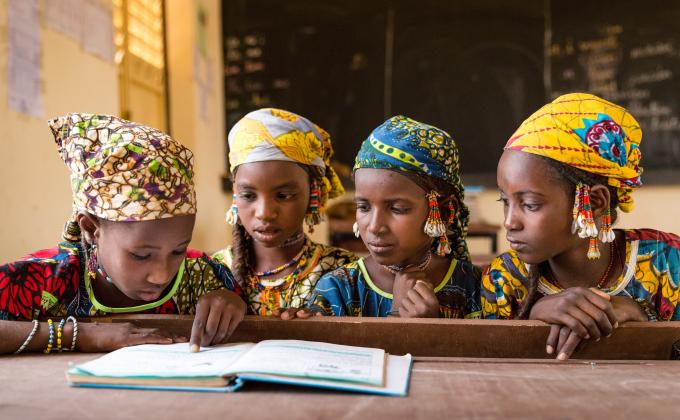
Rida Lyammouri
Contact
Rida Lyammouri is a Research Associate with Clingendael's Conflict Research Unit, and he is also a Senior Fellow at the Policy Center for the New South (PCNS). Rida has extensive experience in the areas of international development, humanitarian access, security, counter-terrorism and countering violent extremism (CVE) in the Sahel region of Africa. His recent work included the conduct of fieldwork assessments on humanitarian access to migrants in Gao (Mali) and the Gao - Algerian borders, and conflict prevention framework focused on the Sahel. He spent the past eight years tracking, researching, and studying conflicts in the region and the impact of insecurity on population movement and local economies.
Rida has delivered more than 200 in depth analysis research reports to different United States Government (USG) agencies including Special Operations Command (SOCOM), Africa Command (AFRICOM), and for the Office of Transition Initiative (OTI) at the United States Agency for International Development (USAID).
Rida holds a Master of Public Policy with National Security emphasis from the School of Public Policy, International Affairs, and Government at George Mason University. He is fluent in Arabic, French, and English.
Publications:
Lyammouri, R., Acteurs Coutumiers dans un Contexte Singulier: Le Cas de la Région de Tillabéri au Niger. Report, The International Centre for Counter-Terrorism, Clingendael, and USAID, 16 March 2022
Lyammouri, R., Customary Characters in Uncustomary Circumstances: The case of Niger’s Tillabéri region. Report, The International Centre for Counter-Terrorism, Clingendael, and USAID, 16 March 2022
